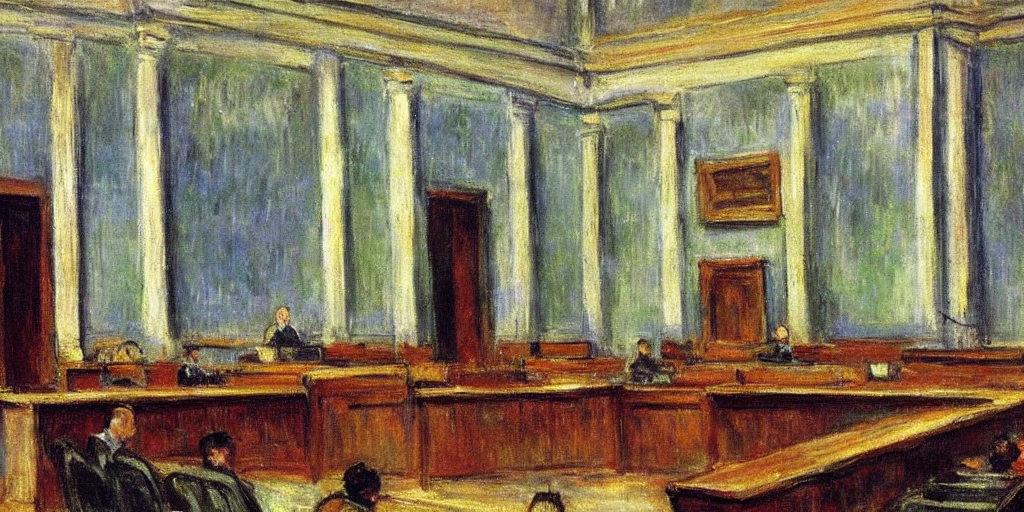Breach Offences in Winnipeg

What are breaches?
The court have the power under the common law, criminal code, and other statutes to impose conditions upon individuals to maintain a peaceful society and uphold the rule of law. The court commonly makes such orders when releasing an accused on bail, placing an accused on probation as part of their sentence, or when making a protection order. The court has the power to place individuals on the following kind of orders:
• Promise to Appear
• Undertaking
• Recognizance
• Probation Order
• Peace Bond
• Protection Order
• Prevention Order
A breach is when you fail to comply with the conditions of an order. Judges don’t take lightly offenders who do not respect the orders of the court.
Conditions
The court has a wide variety of condition available when crafting an order. A judge will determine the appropriate conditions based upon on the type of order and the court’s objective. Conditions may include:
• To have not contact with a named individual.
• To have no communication, either directly or indirectly, with a named individual.
• Not to attend within a certain distance of a named individuals place of work, home, school, employment, or worship.
• To not possess any weapons.
• To not possess or consume alcohol.
• To not possess or consume an illicit drug.
• To reside at a certain address.
• To not reside at a different address within the consent of a Crown Attorney, or by an order of a judge.
• To attend, participate and complete counselling as directed.
• To not possess a cellphone.
• To abide a curfew between a certain time.
• To not attend to certain geographical areas.
Failing to Appear
When charged with a criminal offence, an accused will either be released by the police or remanded into custody. When released by the police, the accused will be given a Promise to Appear requiring him or her to attend court in order to deal with their matter. If released on bail by consent or by a judge, your lawyer will set the next court appearance at that time. Depending on your situation, you will either be required to personally attend all court appearance, or just until a lawyer has gone the record for you. If you fail to attend court at any time you are required, the court will issues a warrant for your arrest. Sometimes this kinds of warrant can be held and cancelled should you appear.
You can also be criminally charged for failing to attend the police station to provided your fingerprints and photograph. Failing to attend for this purpose will result in a warrant being issued for your arrest.
Failing to Comply with an Order of Release
After an arrest, an accused released by the police will typically be under the conditions of an undertaking. If an accused is released by a judge, he or she will be under the conditions of a recognizance. These conditions are designed to ensure the accused attends courts and for the protection of the public. These conditions often include keeping the peace, having no contact with certain people, not being able to attend certain places, a curfew, and prohibitions on possessing weapons or a firearm.
If you are charged with another offence while out on bail, you will be criminally for breaching the conditions of your release. If you breach the conditions of your release, the police will likely not release you, and obtaining bail before a judge will become more difficult than your original application.
Failing to Comply with a Probation Order
When you are sentenced and receive less than two years of jail, the sentencing judge has the option to put you on probation for a period up to three years. Probation can be unsupervised or supervised. If your probation is supervised, you will be required to report to a probation officer on a regular basis. All probation orders have the following three mandatory conditions:
- keep the peace and be of good behaviour;
- appear before the court when required to do so by the court; and,
- notify the court or the probation officer in advance of any change of name or address, and promptly notify the court or the probation officer of any change of employment or occupation.
Additional conditions can include attending programming or counselling, completing a prescribe number of community service work hour, having no contact or communication with specified individuals, and reporting to your probation officer as directed. Breaching the conditions of a probation order will result in your arrest and criminal charges.
Sentencing for Breach Offences
The maximum sentence for breaching most court order is 2 years of jail, which can include a period of probation or a fine. Additionally, a breach of a court order will have a significant impact on your ability to obtain bail if you are ever charge with a criminal offence in the future. The judge hearing the bail application will have less faith in your ability to follow the conditions of a release.
Defending Breach Offences
In assessing and preparing your defence, I will conduct thorough review of your case. Though not exhaustive, I will consider:
• Whether the court order was in force at the time of the alleged offence.
• Whether your actions actually breached the conditions as specified by the court.
• Whether you have a lawful excuse or legal justification for breaching the order.
• Whether any evidence at trial can raise a reasonable doubt.
Get a free consultation
Send Josh your case and your contact information to get a Free Initial consultation on how to proceed.
